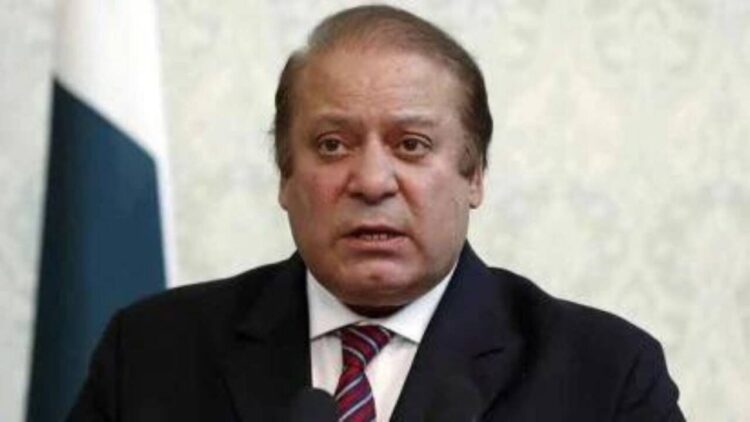Former Pakistan Prime Minister Nawaz Sharif has admitted that Pakistan “violated” a peace agreement with India in 1999. This admission came as Sharif assumed the presidency of the Pakistan Muslim League (Nawaz) six years after being disqualified by the country’s Supreme Court.
“On May 28, 1998, Pakistan carried out five nuclear tests. After that, Vajpayee Saheb came here and agreed with us. But we violated that agreement… it was our fault,” Sharif said. The agreement he referred to was the “Lahore Declaration,” signed by him and then-Indian Prime Minister Atal Bihari Vajpayee on February 21, 1999. The declaration aimed to promote peace and stability between India and Pakistan.
The Lahore Declaration included key agreements:
1. Efforts to Resolve Issues: Pakistan and India committed to intensifying their efforts to resolve all issues, including Jammu and Kashmir.
2. Non-Interference: Both nations agreed to refrain from intervention and interference in each other’s internal affairs.
3. Dialogue Process: The countries committed to intensifying their composite and integrated dialogue process for an early and positive outcome of the agreed bilateral agenda.
4. Nuclear Risk Reduction: Immediate steps were to be taken to reduce the risk of accidental or unauthorized use of nuclear weapons and to discuss confidence-building measures in the nuclear and conventional fields aimed at preventing conflict.
5. SAARC Goals: Both nations reaffirmed their commitment to the goals and objectives of SAARC and concerted their efforts towards realizing the SAARC vision for the year 2000 and beyond, promoting the welfare of the peoples of South Asia through accelerated economic growth, social progress, and cultural development.
6. Condemnation of Terrorism: They reaffirmed their condemnation of terrorism in all its forms and manifestations and their determination to combat this menace.
7. Human Rights: The countries committed to promoting and protecting all human rights and fundamental freedoms.
However, shortly after signing the agreement, Pakistani troops infiltrated the Kargil district in Jammu and Kashmir, leading to the Kargil War. This conflict arose from Pakistan’s infiltration of soldiers and militants into Indian-administered territory.
Despite the Lahore Declaration’s commitment to resolve the Kashmir issue peacefully, Pakistan continued to support cross-border infiltration of militants into Jammu and Kashmir, undermining efforts to stabilize the region and exacerbating tensions between the two countries.
Pakistan-based terrorist groups also carried out several attacks on Indian soil, including the 2001 attack on the Indian Parliament and the 2008 Mumbai attacks, further straining bilateral relations.
Sharif’s candid admission highlights a critical moment in the history of Indo-Pak relations and underscores the challenges in maintaining peace and stability between the two nuclear-armed neighbors.

















Comments